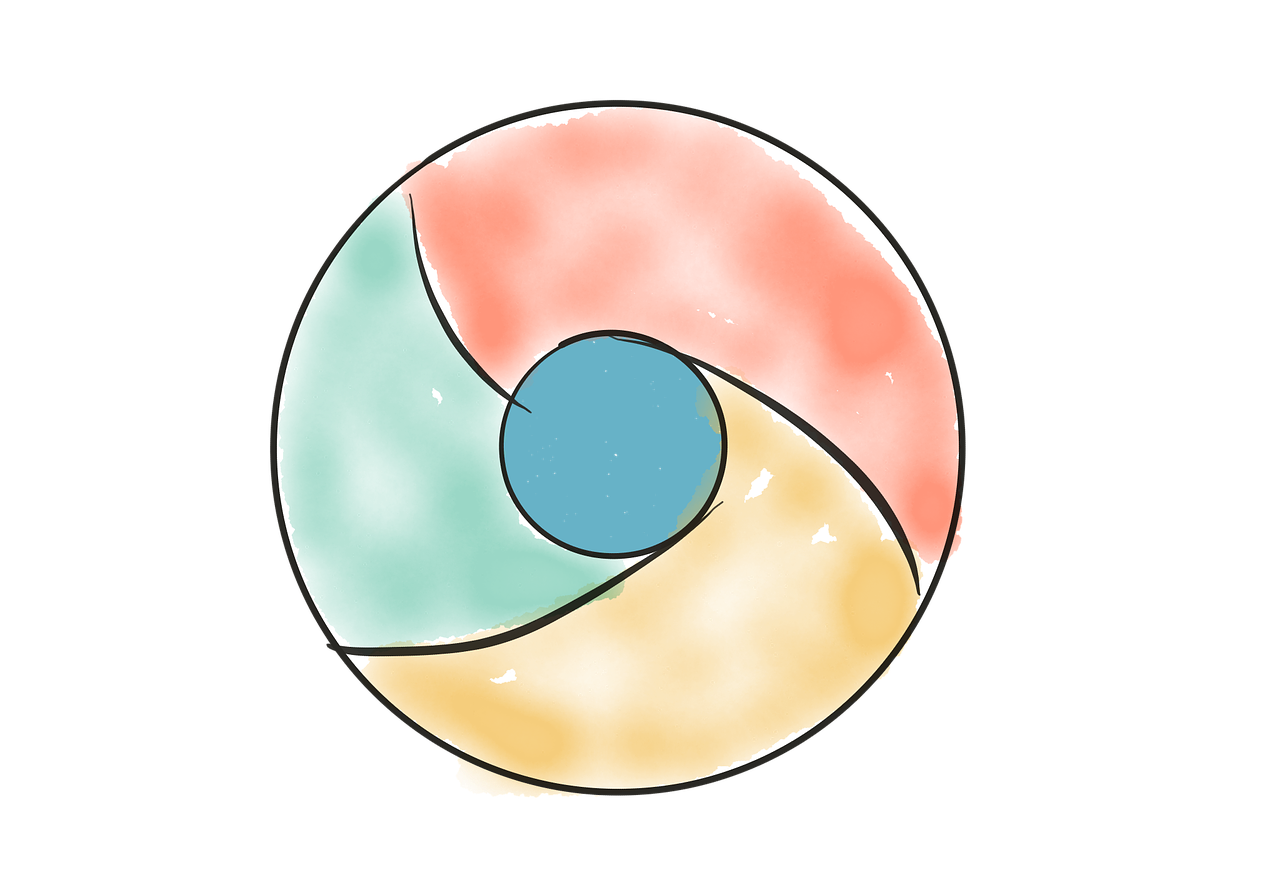How to Stop Doomscrolling at Night: Prioritize Mental Wellbeing
How to Stop Doomscrolling at Night: Prioritize Mental Wellbeing Introduction In today’s fast-paced and digitally driven world, doomscrolling has become an all-too-common habit that many of us struggle to break free from. The term “doomscrolling” refers to the act of endlessly consuming negative news articles, social media posts, and other types of distressing content, often late into the night. This behavior not only negatively impacts our mental health but also disrupts our ability to get a good night’s sleep. In this comprehensive guide, we will delve into the detrimental effects of doomscrolling, provide actionable tips for breaking the habit, and explore related topics that can contribute to a holistic approach to mental wellbeing. The Dangers of Doomscrolling Doomscrolling can have profound negative effects on our mental and emotional wellbeing. Spending hours absorbing distressing news and social media content can lead to increased anxiety, stress, and feelings of hopelessness. Moreover, the blue light emitted by digital screens can interfere with our sleep patterns, ultimately affecting our overall quality of rest. The consequences of doomscrolling are not to be underestimated, as it can impact our productivity, mood, and ability to cope with everyday challenges. Breaking the Habit: Practical Tips Set Boundaries Establishing clear boundaries around when and how much time you spend engaging with digital media is crucial for breaking the habit of doomscrolling. Consider setting specific time limits for consuming news and social media, particularly before bedtime. Curate Your Feed Take control of your social media experience by curating your feed to include more positive, uplifting, and informative content. Unfollow accounts or mute keywords that consistently contribute to your doomscrolling tendencies, and instead, follow pages that promote positivity and personal growth. Create a Relaxing Bedtime Routine Implementing a bedtime routine that promotes relaxation and mindfulness can effectively discourage doomscrolling. Engage in activities such as reading a book, practicing meditation, or indulging in soothing music to create a peaceful ambiance before bedtime. Holistic Mental Wellbeing While breaking the habit of doomscrolling is essential, prioritizing our mental wellbeing encompasses a broader spectrum of practices and habits. Embracing related topics that contribute to holistic mental health is key in achieving a balanced and fulfilling life. Mindfulness and Meditation Exploring the concepts of mindfulness and meditation can significantly benefit those seeking to improve their mental wellbeing. Engaging in mindfulness practices encourages living in the present moment and cultivating an awareness of our thoughts and feelings, ultimately reducing the compulsion to doomscroll. Digital Detox and Nature Immersion Incorporating periods of digital detox and immersing oneself in nature can serve as a respite from the constant barrage of negative news and social media content. Taking a break from screens and spending time outdoors has been shown to reduce stress and improve overall mental health. Seeking Professional Support For those struggling with persistent feelings of anxiety and hopelessness, seeking professional support from therapists, counselors, or support groups can be instrumental to mental wellbeing. Professional guidance and support can provide the necessary tools and strategies for coping with negative emotions and breaking destructive habits. BONUS: Two Steps To Manage Negative Thoughts – Negative Programming Part 2 Watch this video on YouTube: https://www.youtube.com/watch?v=sKt4epKgvjE Conclusion Doomscrolling at night is a prevalent yet harmful habit that can detrimentally affect our mental health and disrupt our sleep patterns. By implementing practical tips such as setting boundaries, curating our digital feeds, and creating relaxing bedtime routines, we can work towards breaking the cycle of doomscrolling. Additionally, embracing related topics such as mindfulness, digital detox, nature immersion, and seeking professional support can contribute to a holistic approach to prioritizing mental wellbeing. Ultimately, making a conscious effort to mitigate doomscrolling and prioritize mental health can lead to a more balanced and fulfilling life, characterized by resilience and positivity. Explore More on Digital Minimalism & Focus








